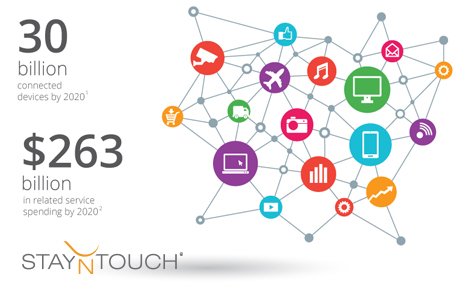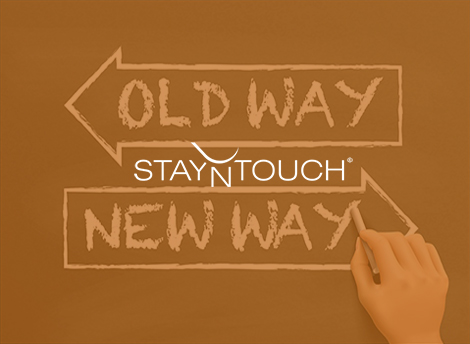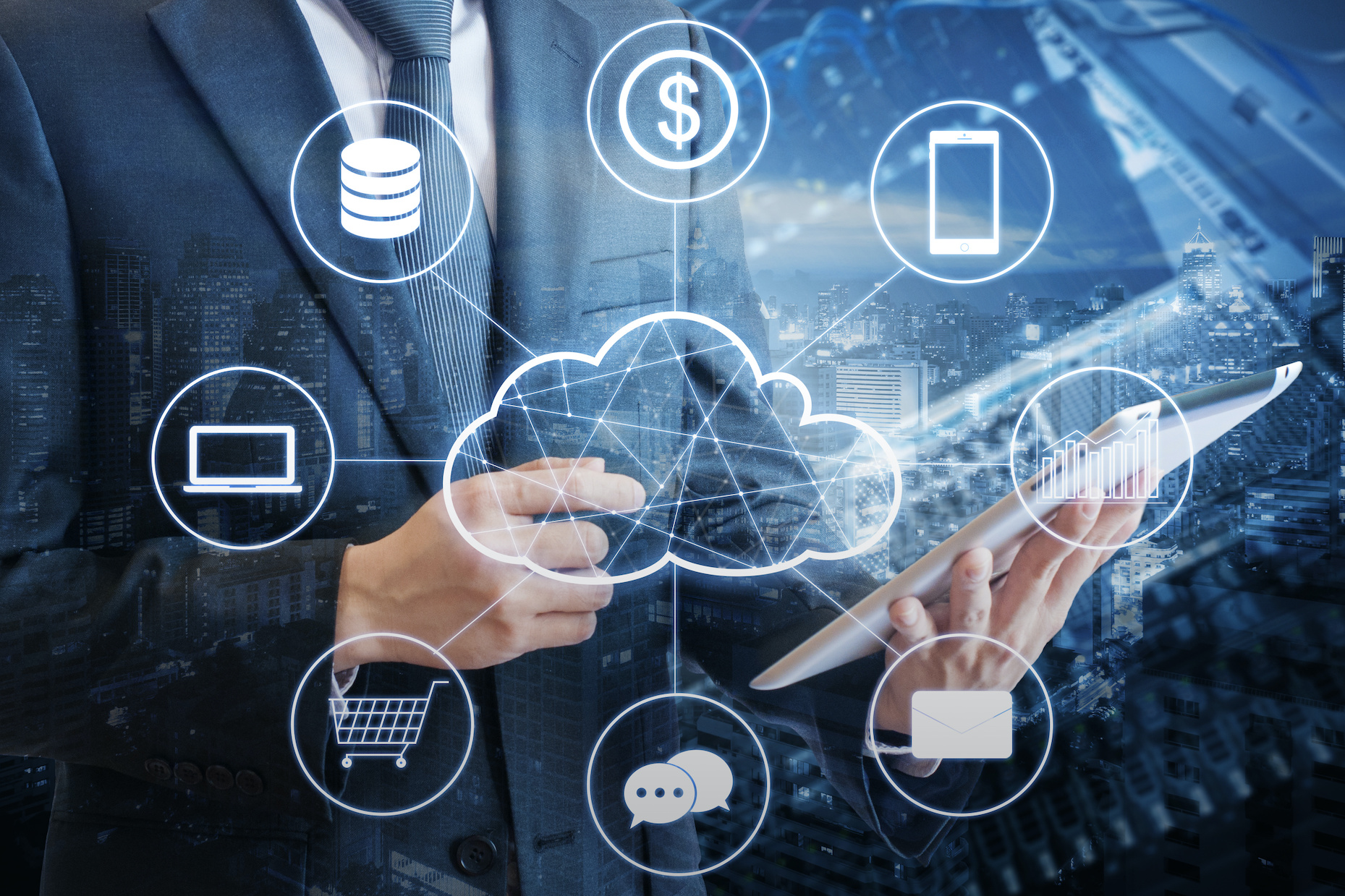Move Over Information Age – This is the Age of Experience
Looking back, the agricultural and industrial ages both ended and were replaced by the information age. They will always be present, we will continue to need agricultural, industry and information but we are now seeing a new phase. Thanks to mobile screens, virtual reality, wearables and the Internet of Things (IoT) advancements, it seems we have shifted into what is being commonly referred to as the experience age. This phase combines not only the digital age but also the experiential age. In a TechCrunch article published in May of 2016 written by Mike Wadhera, the founder of Teleport, he stated that “Thanks to mobile screens and Internet everywhere, we’re now entering what I call the Experience Age.” The Experience Age refers not to the information we’re so rapidly consuming, but how we choose to consume this information.
In the 1990’s we developed software to help with operations and to collect data that would help us run our companies more effectively. The problem was that most businesses really didn’t know how to use this data. We would collect incredible amounts of information, store it in data warehouses, and then try to decipher the insights into buckets that we could then act on. It just wasn’t as easy as we thought it would be. Now we have amazing new technologies such as fast search and digital devices that allow users to gain insights from the information that was previously stored behind closed doors.
Combining digital with experiential, we have come up with some rather innovative solutions not only for the hotel industry, but for all people. The introduction of self-driving cars, the broad use of a cell phone to be so much more than just a phone and IBM’s Watson, that yes, uses crazy amounts of data to deliver its results but the delivery mechanism is whatever IBM can think up. Never before have we had connected devices of all sorts uploading data and/or communicating machine to machine as we do today and there is a shift underway which prioritizes data over technology.
In the travel and hotel space, we can now use different devices to check in, check out, order room service, or when on a plane, order onboard amenities. All the time we are doing this, the information is being collected to deliver the next experience we have that is catered to our likes and wants versus a generic one-way communications environment. Without even realizing this, we can now use this information to provide better service using digital devices with access to information. We are creating a digital personalization age that focuses on experiences and the delivery of these experiences.
There indeed has been a change and there are three hallmarks of this shift from information to digital personalization and an experienced-based age.
- The massive growth of self-service online shopping
- Our phones are now our windows into the world
- Our expectations of “service” have changed
When you look at the winners and losers as we transform into a new age, the winners are the companies that had the vision to see the change coming. The winners include brands like Netflix, Accenture, McDonald’s, Spotify, Amazon, Apple, HomeAway, SnapChat, Visit Las Vegas, Virgin Atlantic, Marriott and Uber. The losers could not move as quickly and adapt to the massive change in consumer interaction like Blockbuster, Radio Shack, Sony Ericsson, US Airways, Howard Johnson, and yes, the Taxi trade.
The hotel industry can learn from the winners noted above. We need to be as innovative and proactive as the best companies in the world. The hotel industry has, at times, been slow to embrace technological change – but things are moving so quickly these days that there is little choice but to must change with a vengeance in order to keep up with the “new guest” and their ever-evolving expectations.










